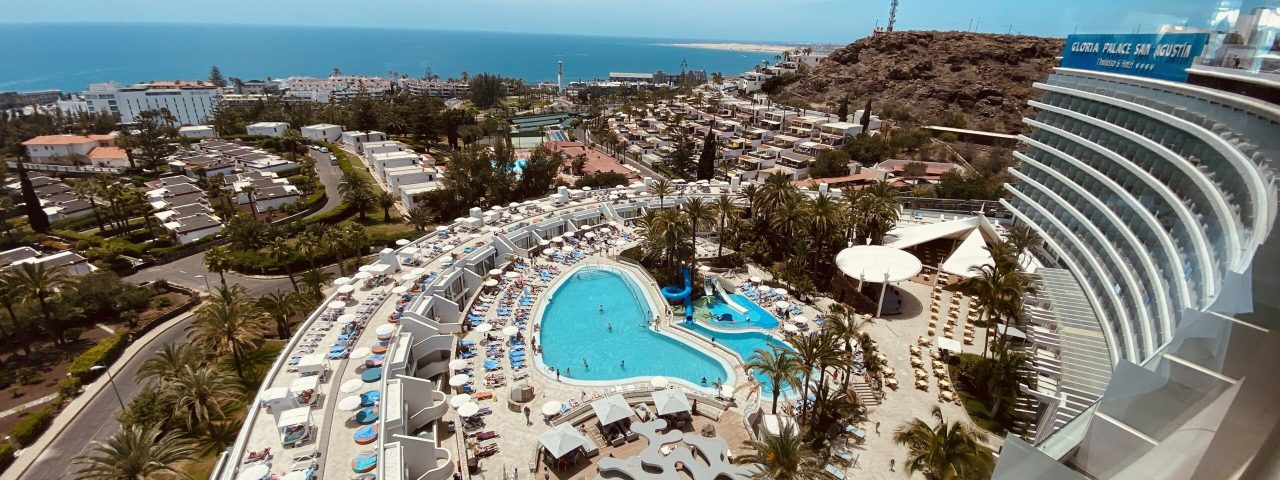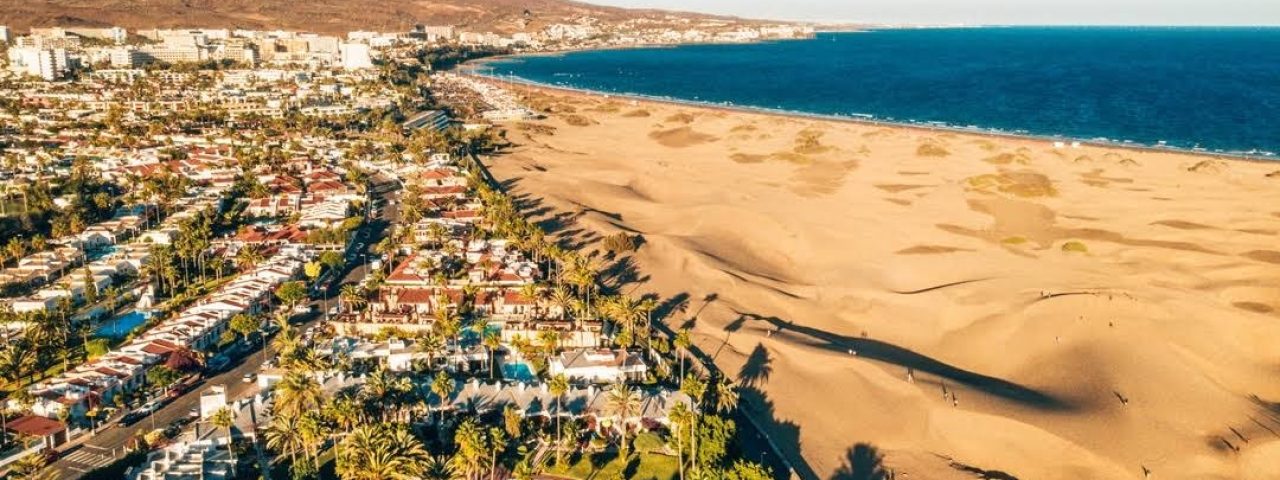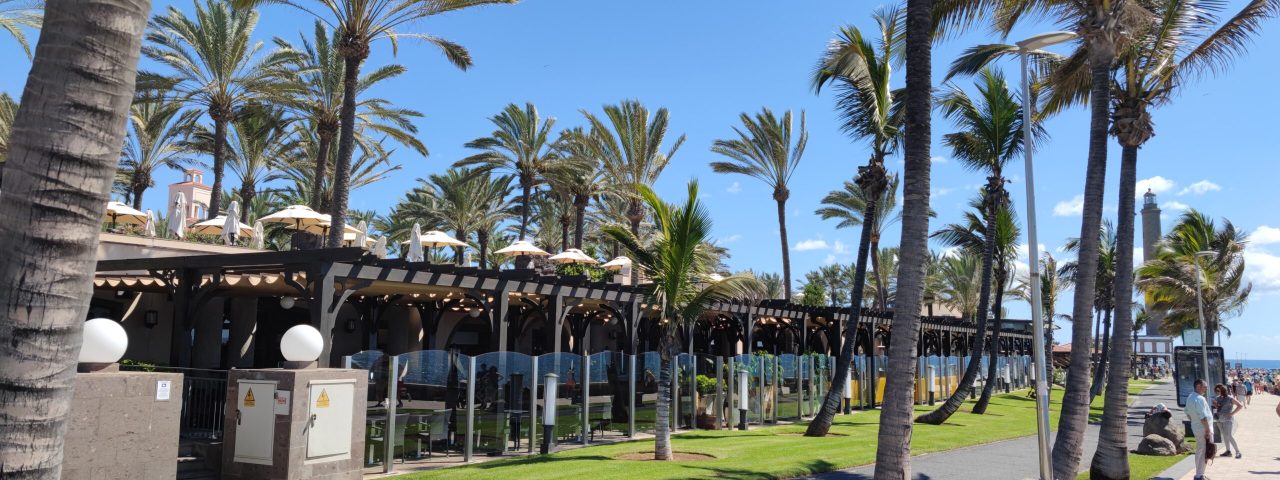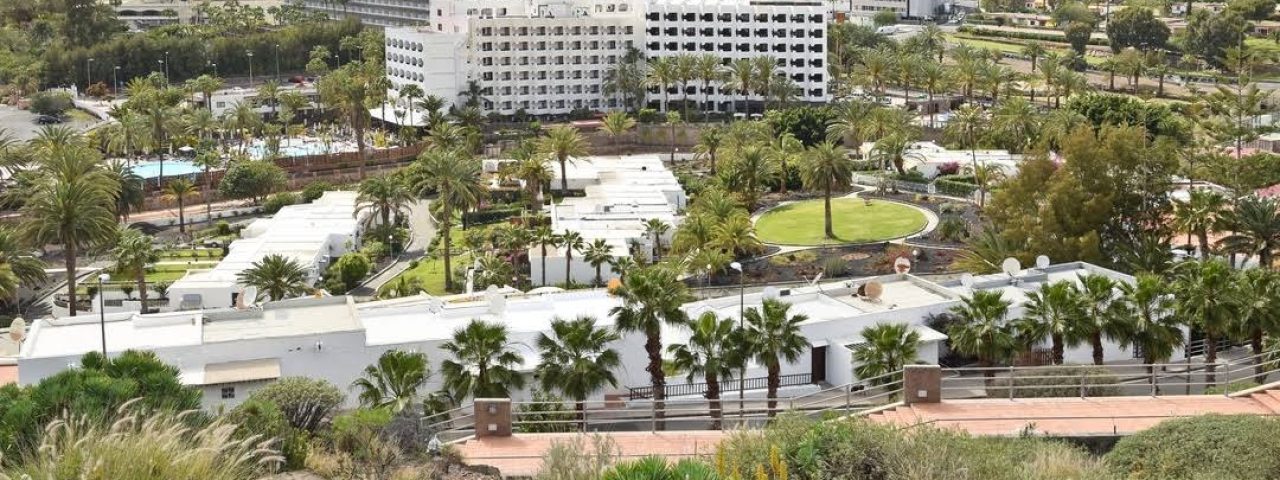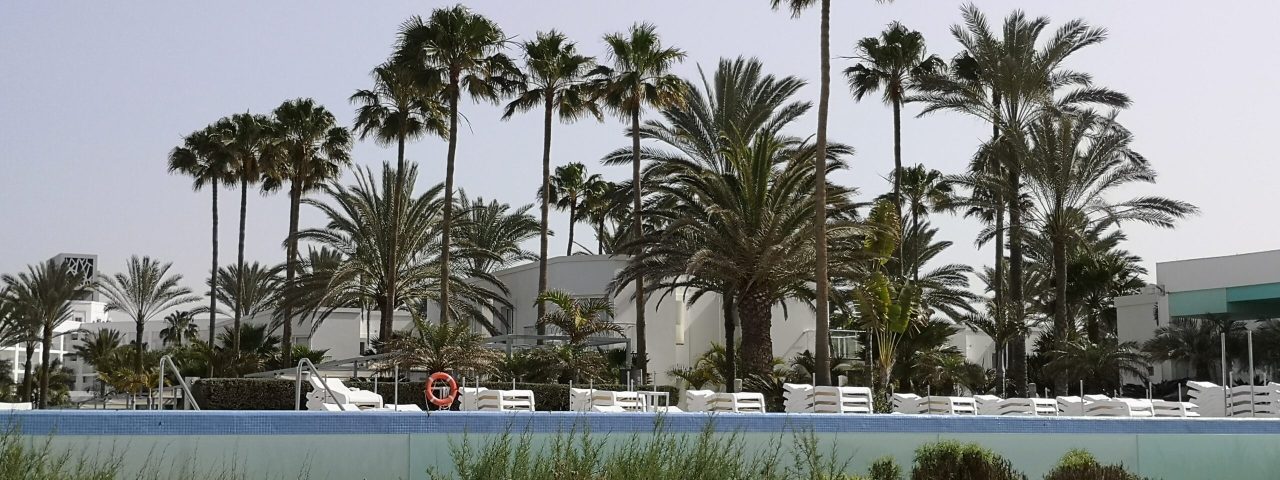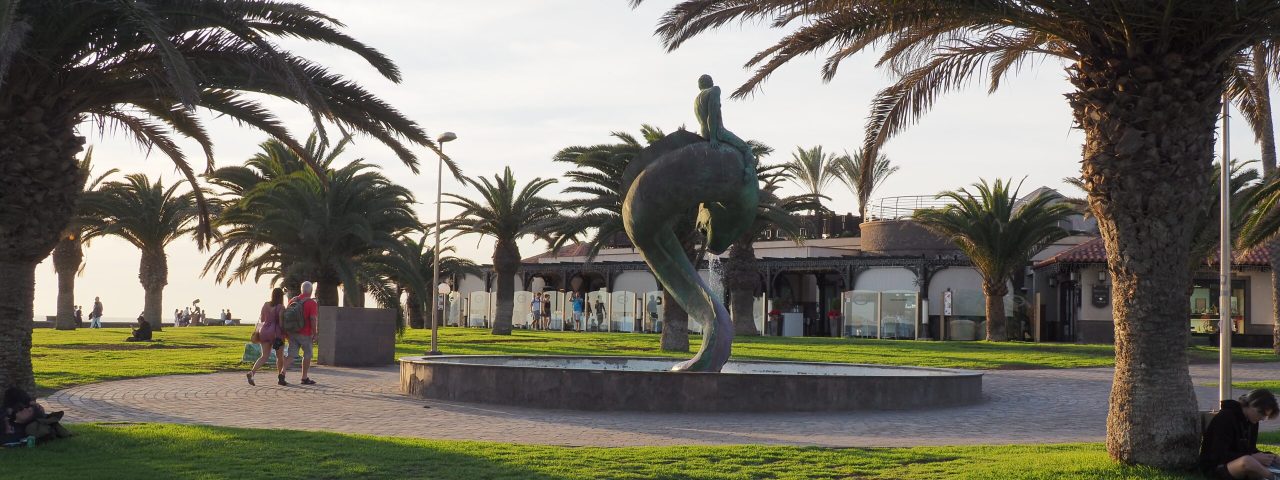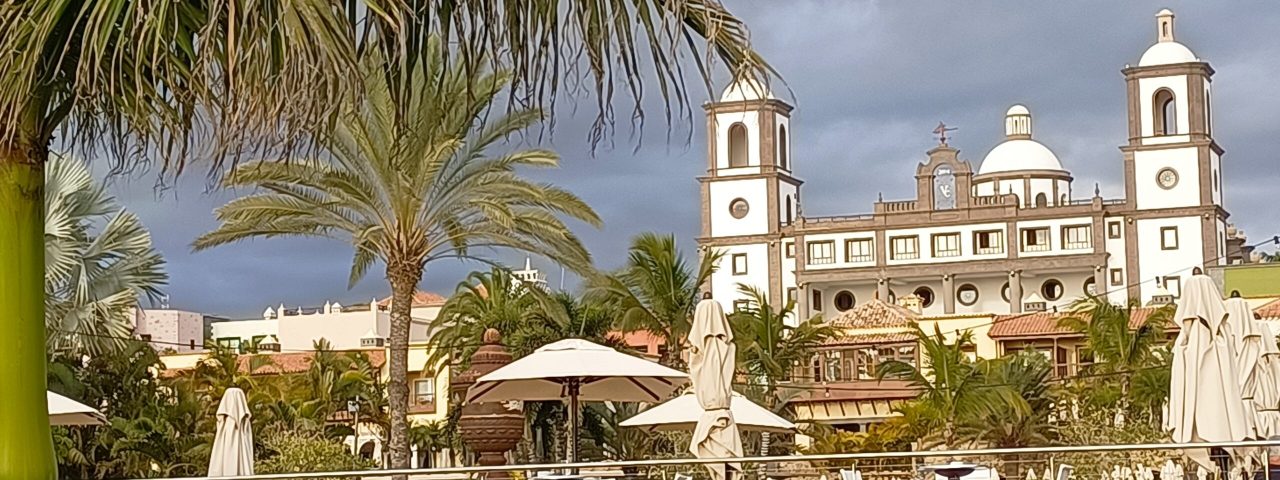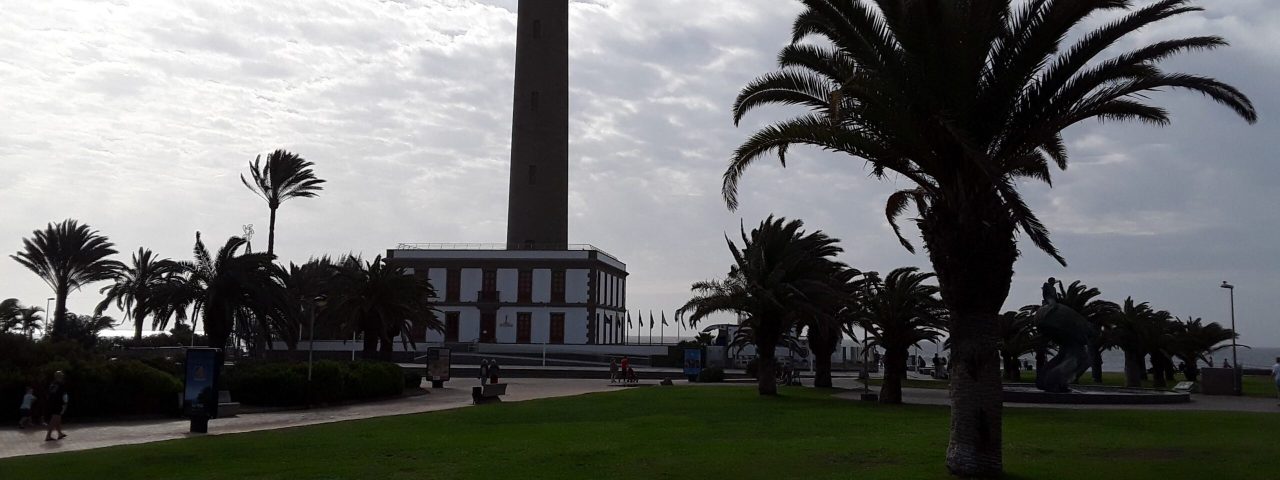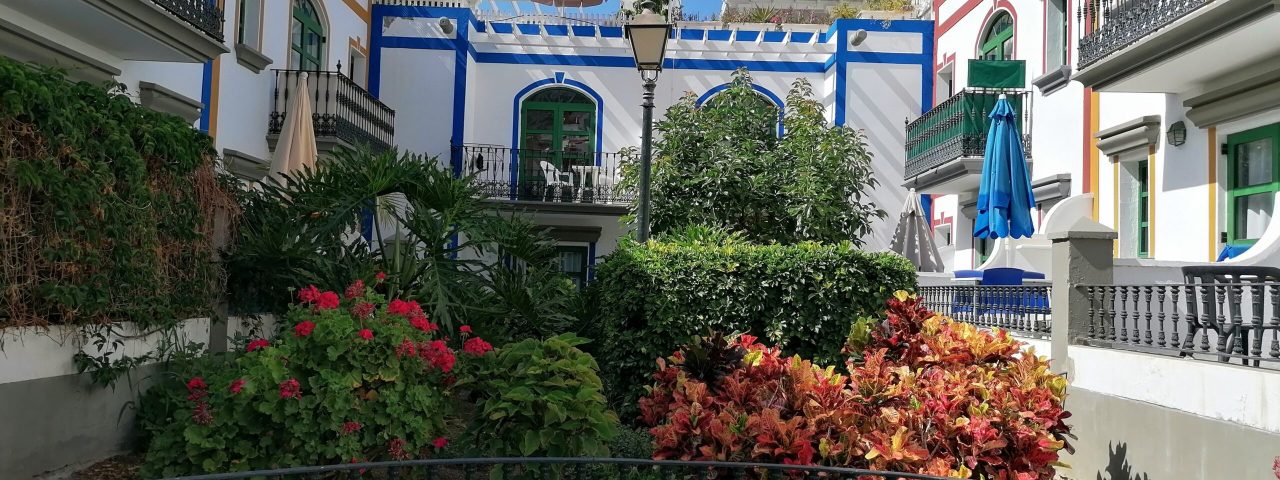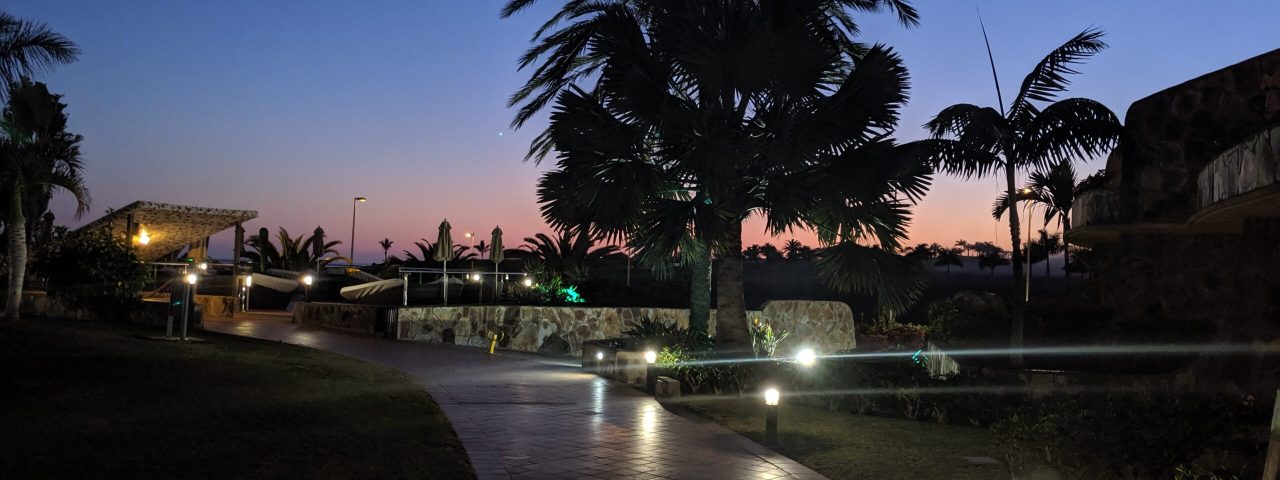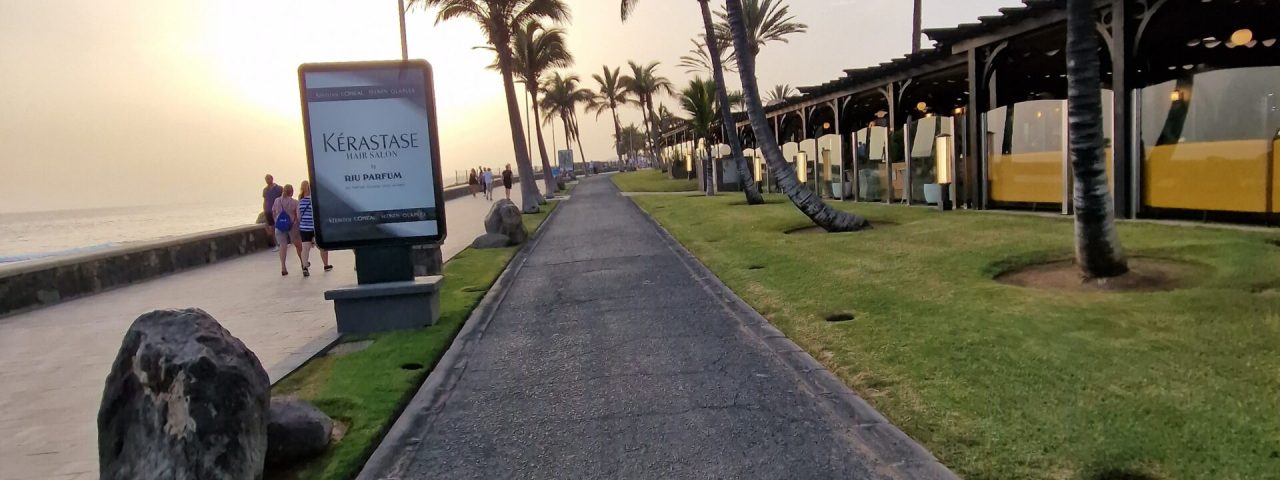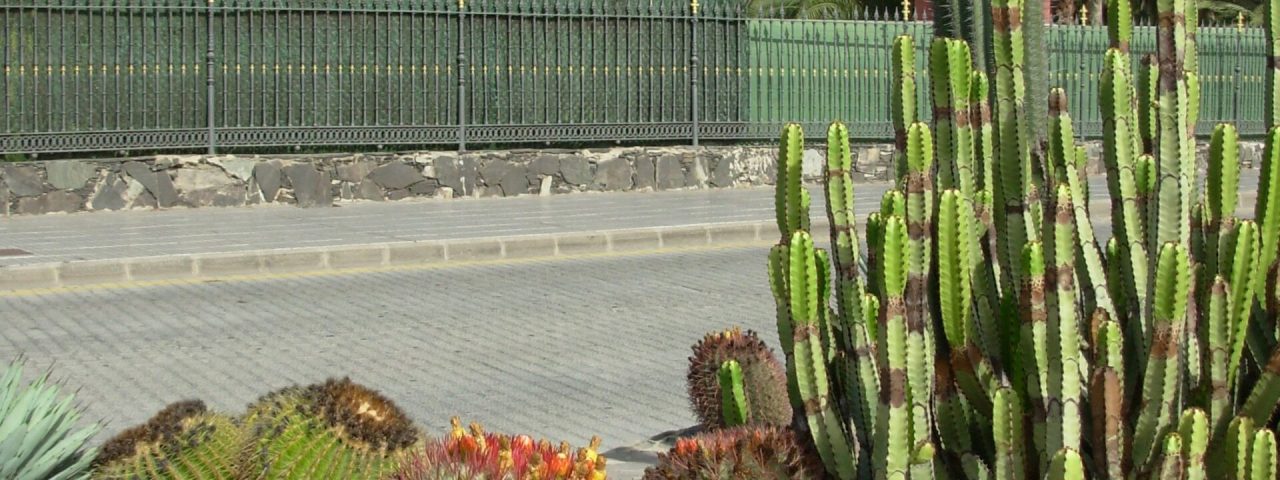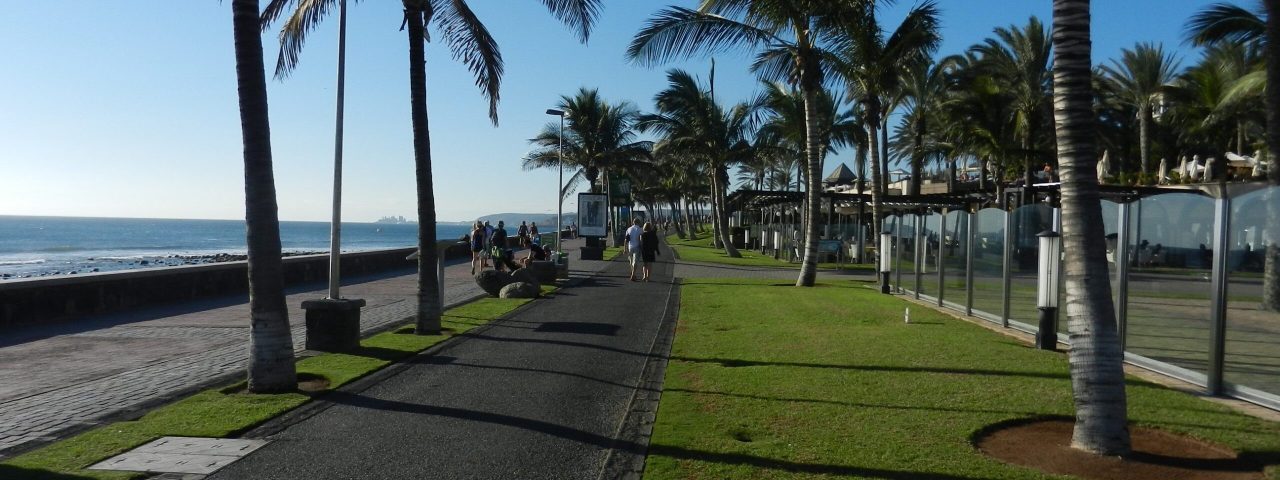Maspalomas has a rich history that dates back to the time of the indigenous Guanche people, who were the original inhabitants of the Canary Islands. The region was later influenced by Spanish colonization, which brought new architectural and cultural elements to the area. The city became a notable tourist destination during the 20th century when it was developed into a luxury resort area, attracting visitors from all over the world.
Culturally, Maspalomas is a hub of diverse influences, shaped by its location as a crossroad between Europe, Africa, and Latin America. Festivals and celebrations are central to life in Maspalomas, with one of the most notable being the Maspalomas Carnival, held every spring. This lively event features colorful parades, live music, dancing, and traditional Canarian costumes. Additionally, Maspalomas hosts the Winter Pride event, attracting thousands of international visitors and celebrating inclusivity and diversity.
The local culture is also reflected in religious traditions, such as the annual pilgrimage to the Shrine of Nuestra Señora de la Virgen del Pino, and in various artisan crafts that highlight the island’s heritage.
